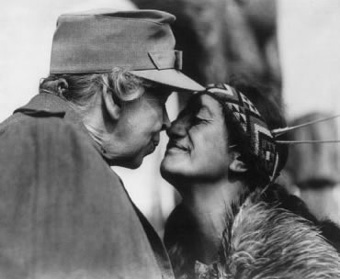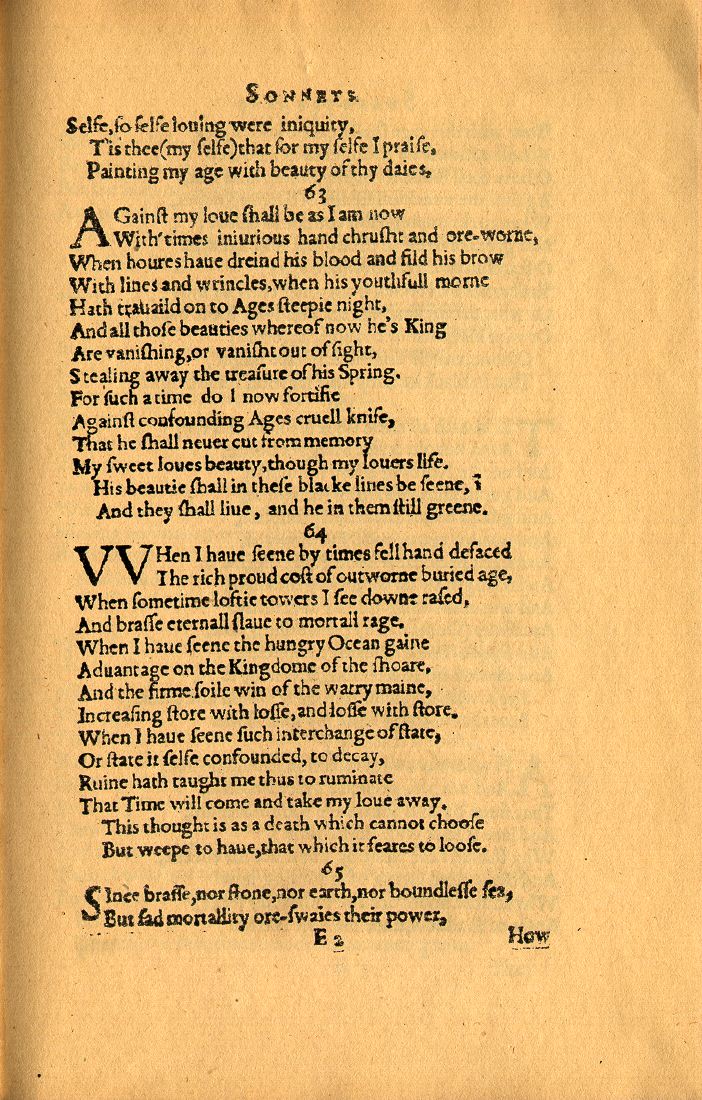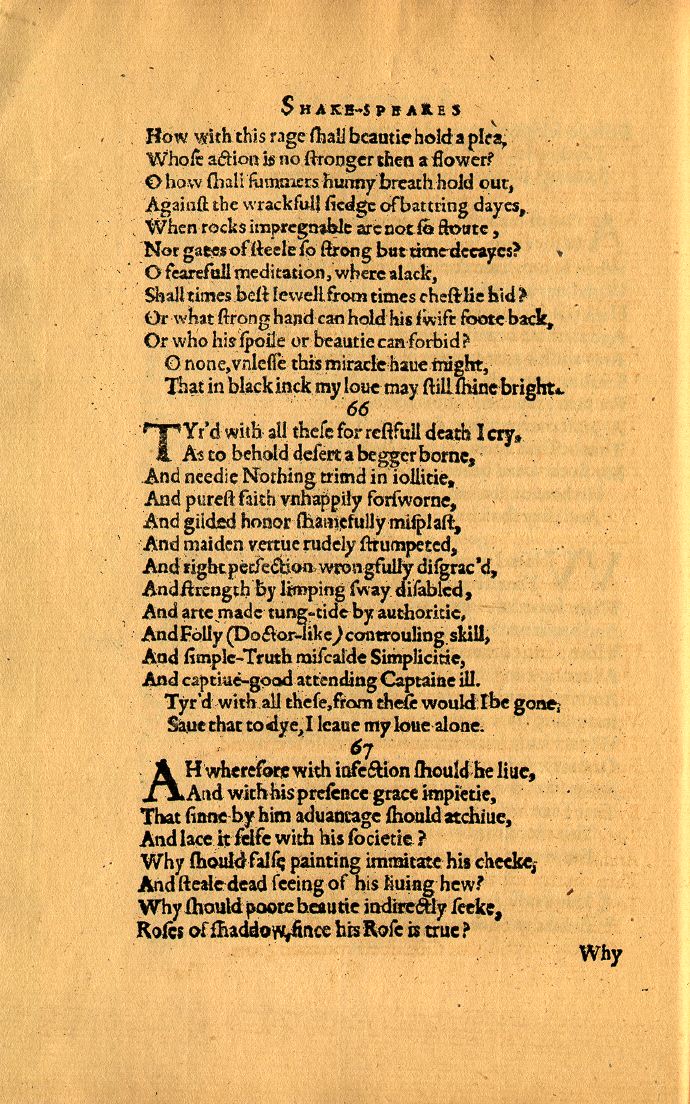![]()
The Charlotte News
Saturday, March 11, 1944
FOUR EDITORIALS
![]()
![]()
Site Ed. Note: The front page reports of a bombing raid on Florence, striking important Nazi rail yards supplying Northern Italy, despite the presence of art treasures and religious edifices and relics nearby. The Nazis' use of the city for strategic purposes, said the communique, had taken deliberate advantage of the Allies' reluctance to bomb it.
German prisoners on the Anzio beachhead had informed their captors that morale among the soldiers was suffering badly in light of the fact that Hitler had assured them victory over the Allies within three days. The heavy losses, numbering 24,000, had depleted their resolve during the five weeks since they began their first offensive.
They had been promised 300 tanks, half of them Mark VI Tigers, plus an air umbrella. While the Luftwaffe came, the Luftwaffe also went, and the Allied airmen remained, harassing their positions.
The Tigers promised were not nearly so numerous or effective, many winding up kaput, and the "Beetles", as the Russians had called the new secret weapon of the Nazis, the remote-controlled mini-tanks, flopped miserably on the Anzio beachhead.
After three days of the initial drive toward Anzio, in the face of Allied resistance, the net Nazi gain along the Anziate highway from Carroceto, was less than three city blocks. The prisoners described the ferocity of battle on the front to be worse than that which they had encountered in the frosted, lice-ridden winters and mud-bloodied springs in Russia.
Ah, so: he who wears the
Touring the Anzio front, General Mark Clark indicated that things were going well. Said he, "We have declared open season on the Boche and have killed many thousands of them. Our men love it."
Doubtless to say, the Beetles, sometimes immobilized and exploded behind the enemy's own lines, proved most successful and likeable to the Allies. Perhaps, some of the Americans called them the "Love Bugs".
Following a one day lull in massive bombing attacks, the Eighth Air Force attacked Muenster in Germany and the rocket-gun coast of France at Pas-de-Calais.
Three huge armies of Russia were now
Marshal Gregory Zhukov's First Ukrainian Army was streaming across the severed Odessa to Moscow railway into Poland. His right wing continued street fighting inside Tarnopol, entered Thursday.
General Joseph Stilwell's American and Chinese forces were closing a vise on the trapped Japanese in the Battle of Hukawng Valley in Northern Burma.
Clyde A. Farnsworth, in the "Reporter's Notebook" column, writes from a flight en route to 14th Air Force headquarters in China. The co-pilot told him of a stubborn take-off which he had effected aboard a DC-3 heading to China--the load consisting of six tons of catsup. A normal load was half that. It was the heaviest load ever flown in the theater.
Hopefully, they saved a little to provide by way of franking to Representative James Morrison to be utilized in his next run for governor of Louisiana.
Catch us if you can.
On the DC-3 flight carrying Mr. Farnsworth, they landed on the field by using the last light of day to search for recognizable features of the terrain, the navigator exploring window to window in the plane for the first familiar object. They could have navigated by the stars, assured the navigator, had they run out of daylight before finding the field.
In twenty months, the force had lost only three planes in their prodigious efforts to keep China supplied with necessities and gasoline, despite the closure of the Burma Road, once the supply trunk for China.
A reliable report indicated that the German capital had been moved from heavily damaged Berlin to Breslau, 175 miles southeast of Berlin, a move in progress for several weeks.
There is no historical evidence which suggests such a move took place. It may have been simply a Nazi propaganda trick to draw off American and British bombers from the relentless attack on Berlin to concentrate on Breslau, a tougher target to reach.
Hendrik Willem Van Loon, reporter and historian, died at age 62 in Greenwich, Connecticut. Among his better known works is The Story of Mankind.
His work, perhaps, found update in the very readable account along the same lines, which we recommend, by Jacob Bronowski, The Ascent of Man, published in 1973 coincident with the airing by the BBC of the television series
The Immense Journey, published in 1957, by Loren Eiseley, is another such work of merit, one which will dispel prepossessing demons otherwise distilling in the moonlight the riddled tears of over-sentiment, devoid of process, in what then becomes the largely uneducable, the copper stuck in the muck and mire of the past, rather than learning from it, not so much for the purpose of advancement as for simple understanding, to be better enlightened when next the moon arises before the wolf tending to howl upon its shine. And those wolves, we note, include females as well as males. Else, how do you think the wolves survive to this day? Do you think at all beyond getting on a train and riding to the end of the line, where you get off?
Professor Bronowski's
On May 8, 1940, Mr. Van Loon had published a story stating that Hitler was about to attack the Netherlands, ending the period of the "phony war", between the conquest of Poland at the end of September and Hitler's advance on the Low Countries, Belgium, and France in May and June. Despite denials of the German and Dutch governments, two days after the story was published, the Blitz took place.
Flames swept through two floors of the historic Jefferson Hotel in Richmond, taking the lives of six persons, including a Virginia State Senator and the widow of the former Governor. The Jefferson, built in 1895, nearly destroyed by fire in 1901, had served rooms previously for every President since Benjamin Harrison, albeit after his presidency, save Grover Cleveland, Warren Harding, and Herbert Hoover.
Professor Einstein, whose theory of relativity was said to be understood by but six people in the world, yet could not interpret the instruction booklet for Tax Year 1943, so had to turn the chafing intersection of his income, credits, and deductions, forgiveness and deference, traveling stroboscopically backward and forward in opposition along four right-triangles around a circular track, heating the interface of the rail to the wheel to the point of flight within the intensity of the light beam radiated, over to an expert.
And Henry Hawk, serving a life term on a murder charge in Nebraska, was ordered to refrain from filing further appeals on behalf of other inmates, after the warden became incensed at his continual filing of frivolous petitions and appeals to the State Supreme Court. The warden nevertheless believed Mr. Hawk to have been possessed of the best legal mind of any man he had ever met.
Mr. Hawk had represented himself at his own murder trial. Mr. Hawk was serving a life term, had already served time at Alcatraz. Whatever his legal talents had been lost to the world.
Perhaps, henceforth, he could devote his talents to novel writing, for instance, starting with one titled, maybe, "The Pelican Brief".
On the editorial page, "Housing" finds the remarks of the visiting president of the National Association of Real Estate Boards to miss the mark when he offered that the Federal Government should step out of the realm of building public housing projects by which to clear slums. The way to clear slum areas, he contended, was solely through private enterprise, the backbone of the country.
The editorial finds this position to be merely a retreat into the realm of States' Rights, negating the efforts of the Federal Government in the effective clearance of slum areas through housing projects. Without that effort, it says, there was simply no incentive for private enterprise to effect such a remedy. Federal assistance was a matter of public necessity, as not enough profit lay in development of such areas through private entities.
"Late Hero" tells Harry Woodring, in his attempt to cultivate a third party in the South to split the Democratic vote and defeat FDR, his former boss when he headed the War Department, that he was exploring the wrong pasture. Despite grumbling in the South regarding the New Deal, there was no great movement afoot to seek to defeat Roosevelt or bolt the Democratic Party.
"Trap in Rome" takes issue with remarks of a Catholic Bishop out of St. Augustine who urged the Allies not to fall for the Nazi trap of attacking Rome for the presence of means of Nazi supply. It was unnecessary, he argued, to take Rome and Northern Italy. To attack Rome and destroy its artifacts would destroy the fighting resolve of many Allied soldiers and cause the people of Europe and the rest of the world to turn against the Allies.
The piece rejoinders that military strategy should be left to the generals and not plotted by churchmen. And if the generals deemed it strategically important to take Rome, then so be it, regardless of a trap.
"False Alarm" relates that Representative Cameron Morrison of Mecklenburg had assured his constituents that no great rebellion was afoot in Congress, and that the Barkley incident was only a dispute regarding taxes.
The editorial begs to differ. While expressing the belief that the dispute would not greatly impact the election, and giving ground for the possibility that the newspapers of the country had overstated the case somewhat, the piece cautions that there was no reason to try to sugarcoat something which was clearly in a chaotic state.
Dorothy Thompson writes again of the problems inherent in recognizing the Badoglio Government, perceived in Italy by the anti-Fascists as neo-Fascist, while ignoring the efforts of three million strikers in Northern Italy, revolting against the Nazi occupation. Such revolutionary movements heat up, but without continued nourishment from without, can wither on the vine, or become hotly intense, beyond the control of any occupying or liberating force.
She finds the scenario similar to that encountered by the American occupation forces, under the command of Colonel L. L. Hunt, entering Germany after the Armistice of 1918, finding it easier to cooperate with an established authoritarian bureaucracy because of its tendency toward order, than any form of revolutionary movement. Doing so, however, left the party of war-mongers still entrenched politically.
Samuel Grafton argues that the effort to provide the returning servicemen of the country with a war bonus of $3,500 to $4,500 was misplaced benevolence on the part of the country. The better solution was to effect a secure way of life for the returning soldier. Heaping such a large burden on the taxpayers was no way to assure that security.
Marquis Childs tells of the efforts of FDR to appeal to conservative Democrats, seeking to shore up support for a fourth term, signal of which was the abandonment of the phrase "New Deal" in December, replaced with "Win the-War".
But, Vice-President Henry Wallace, the principal exponent of the New Deal left in the Administration, still retained in the most recent Gallup poll 46% public support to succeed himself, with his closest competitor for the vice-presidential nomination being Cordell Hull at 21%.
Moreover, the appointment of Will Clayton, one of the largest cotton brokers in the country, as Surplus Property Administrator, responsible for demobilization as the war wound to its end, was also designed as an olive leaf to conservatives. Yet, Mr. Clayton was not liked by the National Farmers Union for his connection to large agribusiness as well as his having been in the reactionary Liberty League. Would Mr. Clayton, for instance, eliminate TVA as unnecessary after the war?
The efforts by FDR to mollify conservatives therefore seemed to have an equal and opposite effect on his New Deal base which had elected him three times to the presidency.
Drew Pearson discusses the confusion in the ranks among Republicans in their search for a proper nominee to defeat FDR in November. Former Republican National Committee Chairman John Hamilton recently had spoken with Congresswoman Clare Boothe Luce and with Elliott Janeway of Time and Fortune.
Mr. Hamilton plumped for Supreme Court Justice Owen Roberts, after he would explain that his statement, indicating a need to sacrifice after the war some of the nation's independent sovereignty to an international police force, was merely an inadvertence.
Ms. Luce championed General MacArthur as the man for the job.
Mr. Janeway, believing it not safe for a well-known individual, cited Carl Sandburg's work on Lincoln for an anecdote in which, when he was nominated, a New York editor asked, "Who is Lincoln?" That was the sort of candidate the Republicans needed, determined Mr. Janeway, one free from blemishes, with 25% fewer cavities and blackheads, which the Democrats could otherwise exploit.
He next provides the lyric for a ditty which spread far and wide quickly, upon the publication of a photo in which Mrs. Roosevelt is shown rubbing her nose against the nose of a Maori woman in New Zealand during her tour there in late August and early September.
The tempo seems somehow to fit "Lizzie Borden", even if the event was anything but that. Here is the photograph.

![]()

Lord Snowdoun's Knight, Posing as the Umpire in the Sights of Fright, Clapping, Clapping, Clapping Thrice,
Three-told, to the Wall's Soldiers Late of Free Row, to Signal Splice of the Apocalypse, yet
Pre-Tolled in its Lays, in its Moony Cockle-Dip within
Hare-Brained Rays Unfurled, Down the Well as a Feller,
But of Alice Soldered, Inchoate Nickeled Geller,
Inexorably Curled, He is the Deller.
![]()


![]()
![]()
![]()